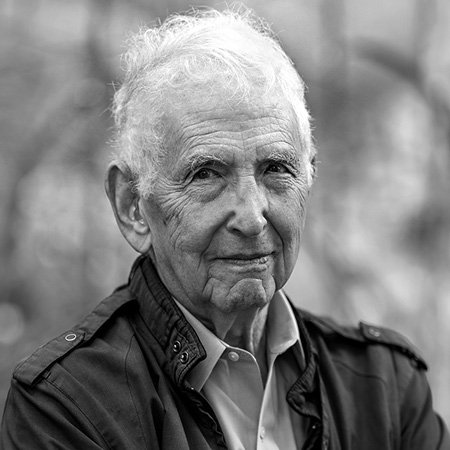The Ellsberg Initiative for Peace and Democracy
Our survival is threatened. Democratic engagement is the only path to sustainable peace.
Join the hundreds of donors working for peace and democracy.
Our Mission
Our mission is to promote public understanding, scholarship, and activism in support of compelling, democratic, and sustainable alternatives to militarism, authoritarianism, and environmental degradation.
“With democracy in peril at home and abroad—and civilization itself threatened by the prospects of environmental catastrophe and nuclear war—I welcome the UMass effort to create a permanent Ellsberg Institute for Peace and Democracy.”
- Daniel Ellsberg (1931-2023)

About Ellsberg
Daniel Ellsberg, America’s most famous whistleblower, devoted his life to the nonviolent struggle for peace, nuclear disarmament, and democratic rights. In 1971, he risked his freedom by releasing to the press and public a 7000-page classified history of the Vietnam War—the Pentagon Papers—exposing decades of government lies and deceit. Ellsberg’s principled commitment to nonviolent activism continued until his death in 2023 and remains a model of citizenship that inspires countless people around the world.
Ellsberg emerging from a National Liberation Front tunnel system. ca. 1966



